According to the Centers for Disease Prevention and Control (CDC), motor vehicle crashes were the leading cause of death in 2019 (1). Now, this was before the pandemic completely changed our driving habits, with lockdown rules forcing us to stay indoors.
However, while the pandemic has caused less traffic on the roads overall, you may be surprised to find that despite fewer cars on the road, car crash deaths are on the rise.
Driving (crashing) during a pandemic
While a consumer survey from McKinsey & Company revealed that about 60% of U.S. respondents said they traveled less during the COVID-19 pandemic, data has suggested that this didn’t deter the number of traffic accidents. In fact, it appears that the fewer cars that were on the road, the higher the risk of being involved in a motor vehicle accident.
What has the research found?
- According to data from the U.S. Department of Transportation, 28 190 people died in motor vehicle traffic crashes during the first nine months of 2020 — a 4.6% percent increase from 2019.
- A study published in Injury Prevention found that the incident rate ratio of fatal single-vehicle crashes increased more than fourfold. The rate of single-vehicle crashes increased more than twofold.
- According to a report from the Governors Highway Safety Association, the pedestrian fatality rate rose 22 percent in the first half of 2020 compared to the same period a year earlier.
What’s causing the crashes?
Distraction
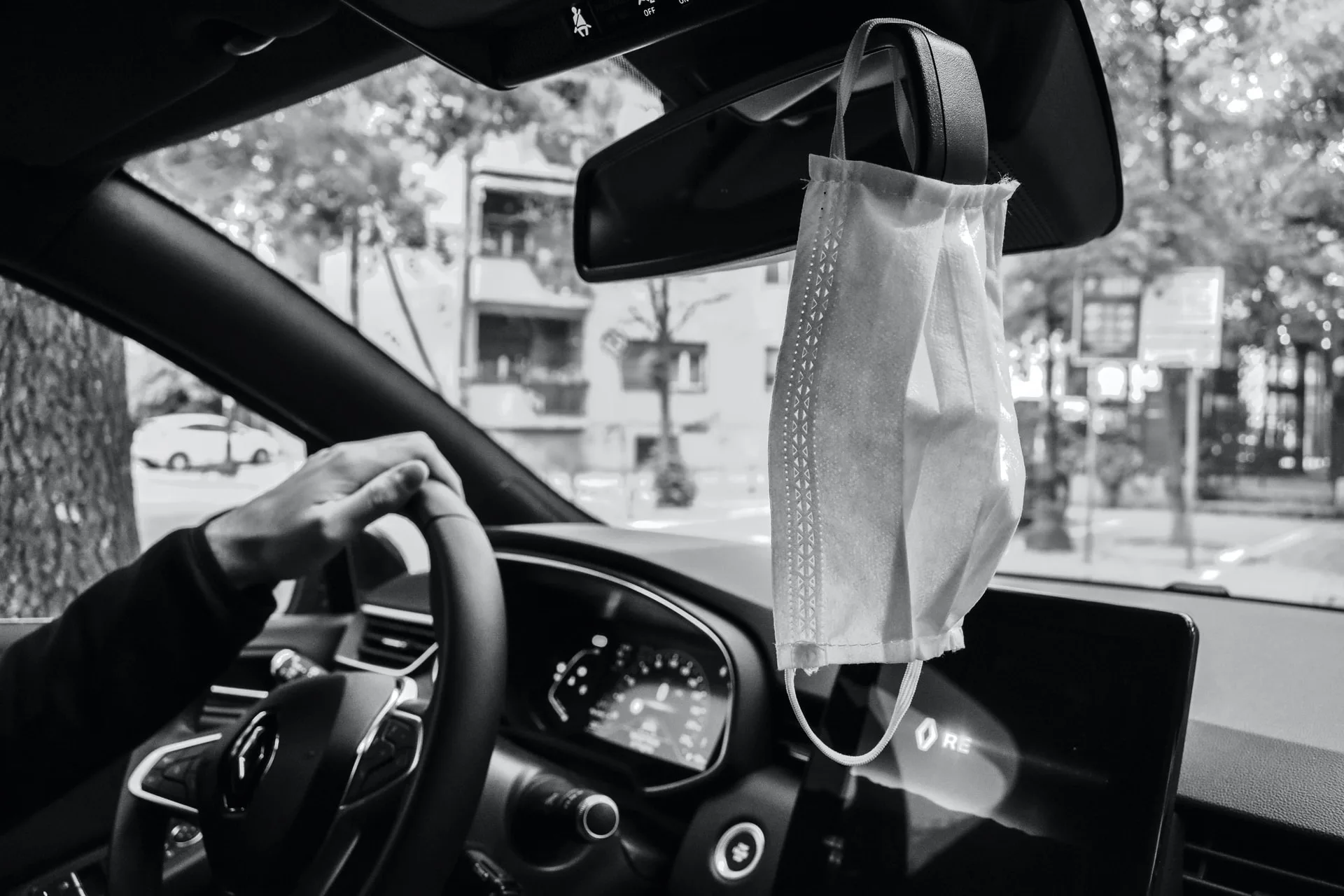
Photo by Frosina Polazarevska on Unsplash
Distracted driving can refer to anything that takes your attention off the road (be it talking to a passenger or adjusting the air conditioner). However, in this case, it appears that excessive screen time may be the reason for the distraction.
It’s no wonder that data collected by Zendrive, a smartphone tracking company, revealed that in 57% of crashes nationwide in 2020, drivers were on their phones.
So just how much time are people spending on their phones while driving? A national survey from the 2021 Travelers Risk found that:
- Drivers are texting or emailing 26% more than they did pre-pandemic.
- They’re checking social media 20%more than they did pre-pandemic.
- They’re taking videos and pictures19% more than they did pre-pandemic.
- Also, they’re doing 17% more shopping online than they did pre-pandemic.
Risky behavior
It appears that all that time locked indoors has left drivers wanting to feel liberated, and they’ve taken this behavior to the roads.
A study found that the percentage of injured road users with alcohol, marijuana, or opioids in their system all increased during the pandemic. Drivers were also found guilty of not using their seatbelts, aggressive tailgating, and failing to use lights or turn signals.
Speed racer
All those empty roads have given drivers the idea that they can go as fast as they want to on the roads. In France, three weeks after lockdown rules lifted, there was a 15% increase in excessive speeding.
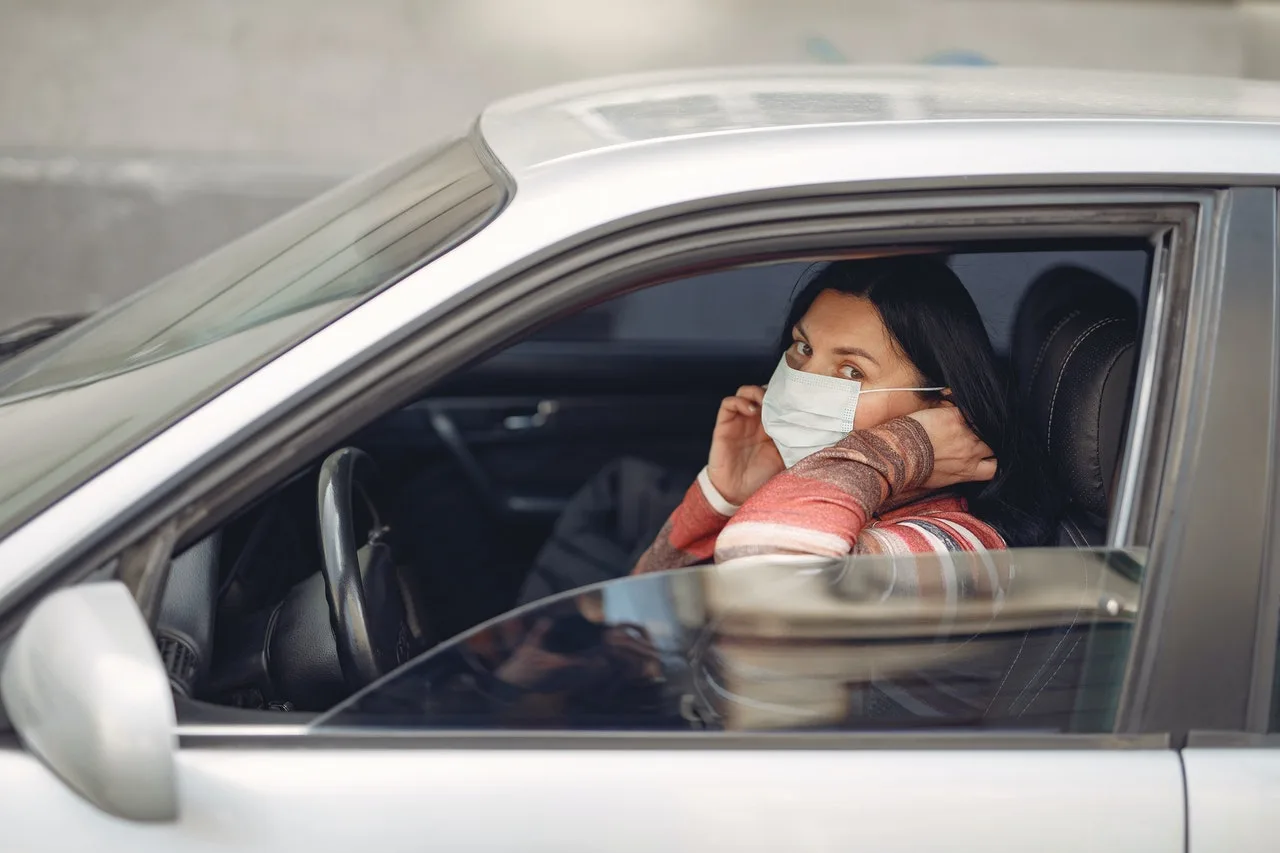
Photo by Gustavo Fring from Pexels
Lack of law
The lack of law enforcement on the roads may also have given drivers the idea that they’re living in the Wild West.
“A big factor here is the lack of enforcement. We are hearing from many states that traffic stops have declined during COVID-19. Drivers feel like they can speed and get away with it,” said Jonathan Adkins, executive director of the Governors Highway Safety Association.
Staying safe on the road
With more and more people returning to the roads, it’s important that you do your part to stay safe. So, here are few things to remember the next time you get behind the wheel:
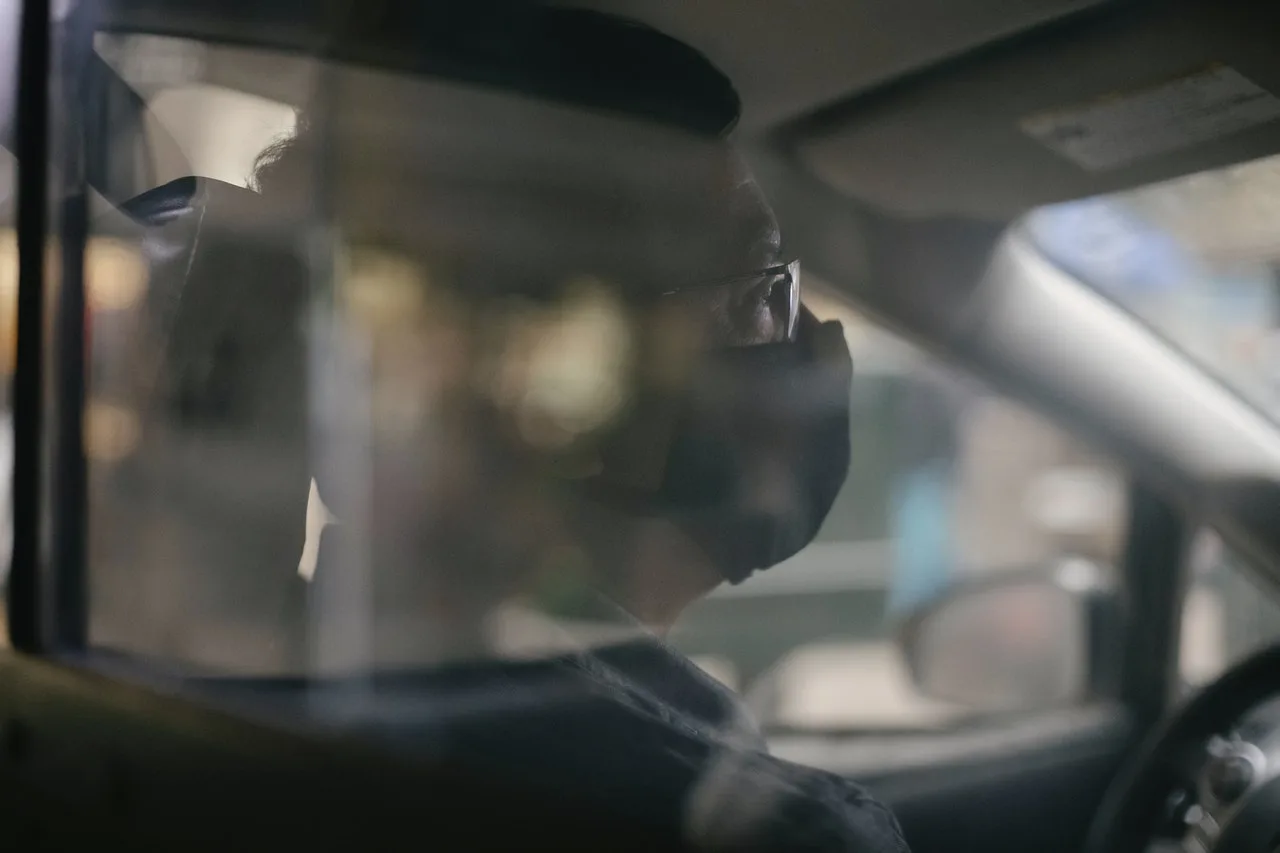
Photo by Tim Samuel from Pexels
Put your phone away
Put your phone on silent while you’re driving, or at least enable the “Do Not Disturb” option. If you do need to use it while driving, for navigation purposes, or during an emergency, then use your car’s Bluetooth system and use voice commands.
Obey the speed limit!
Speed limits aren’t a suggestion. They’re there for good reason, and they need to be followed.
Stay focused
Keep your eyes on the road and leave whatever you need to do for when you park.
Wear your seatbelt
This goes for your passengers as well.
Don’t drive under the influence
Need we say more?
If you’re inebriated, have a friend be your designated driver or, take an Uber.
Additional tips include:
- Yielding to pedestrians
- Checking around your vehicle and in your mirrors to help anticipate unsafe situations
- Understand the limits of your vehicle
- Keeping your road rage down
- Skipping the fast lane
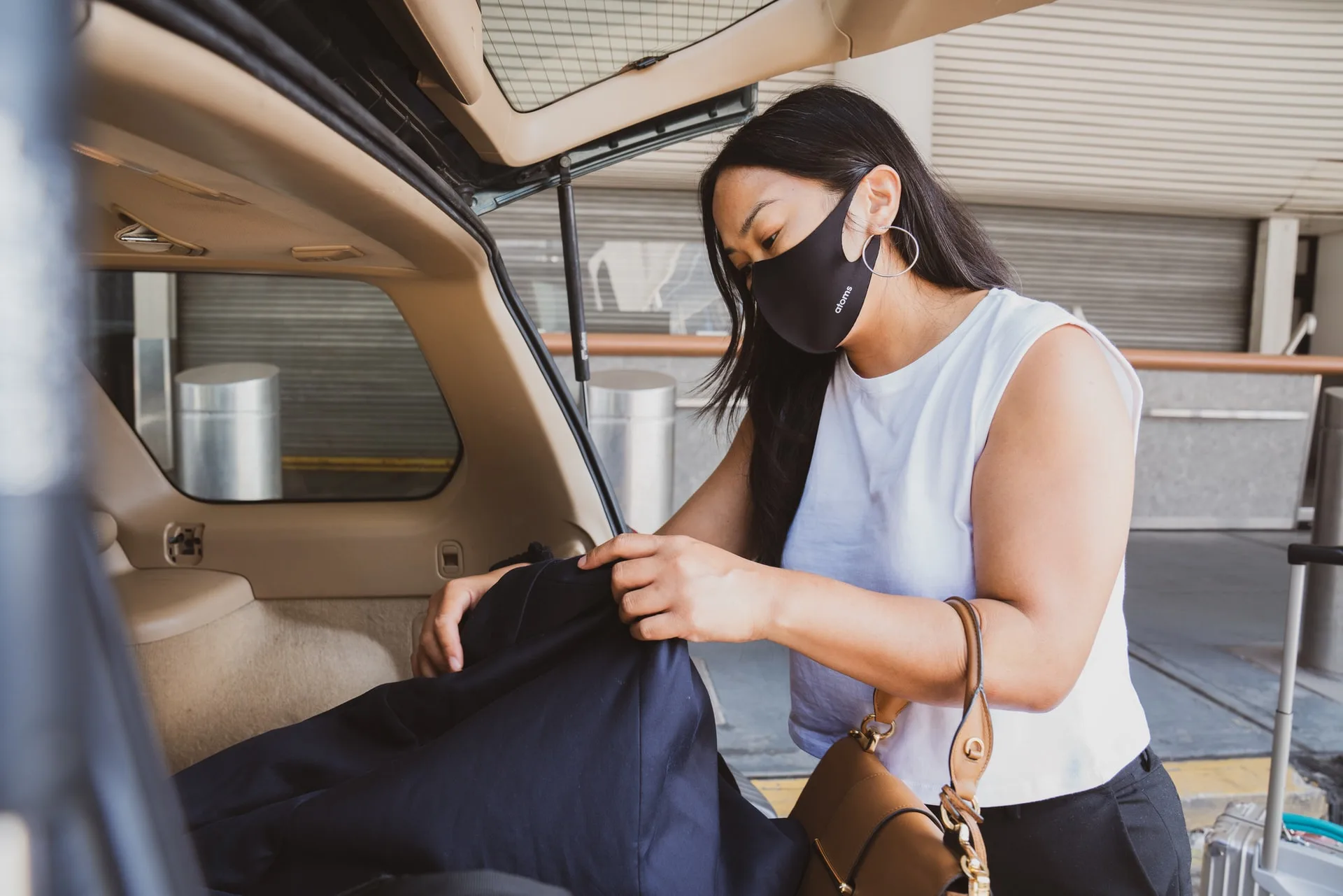
Want to know more?
Motor vehicle accidents can deteriorate the victim’s mental health in unthinkable ways. Here’s how to manage your mental health after an accident.
References
Doucette ML, Tucker A, Auguste ME, et al. (2021), Initial impact of COVID-19’s stay-at-home order on motor vehicle traffic and crash patterns in Connecticut: an interrupted time series analysis, Injury Prevention, 27:3-9.


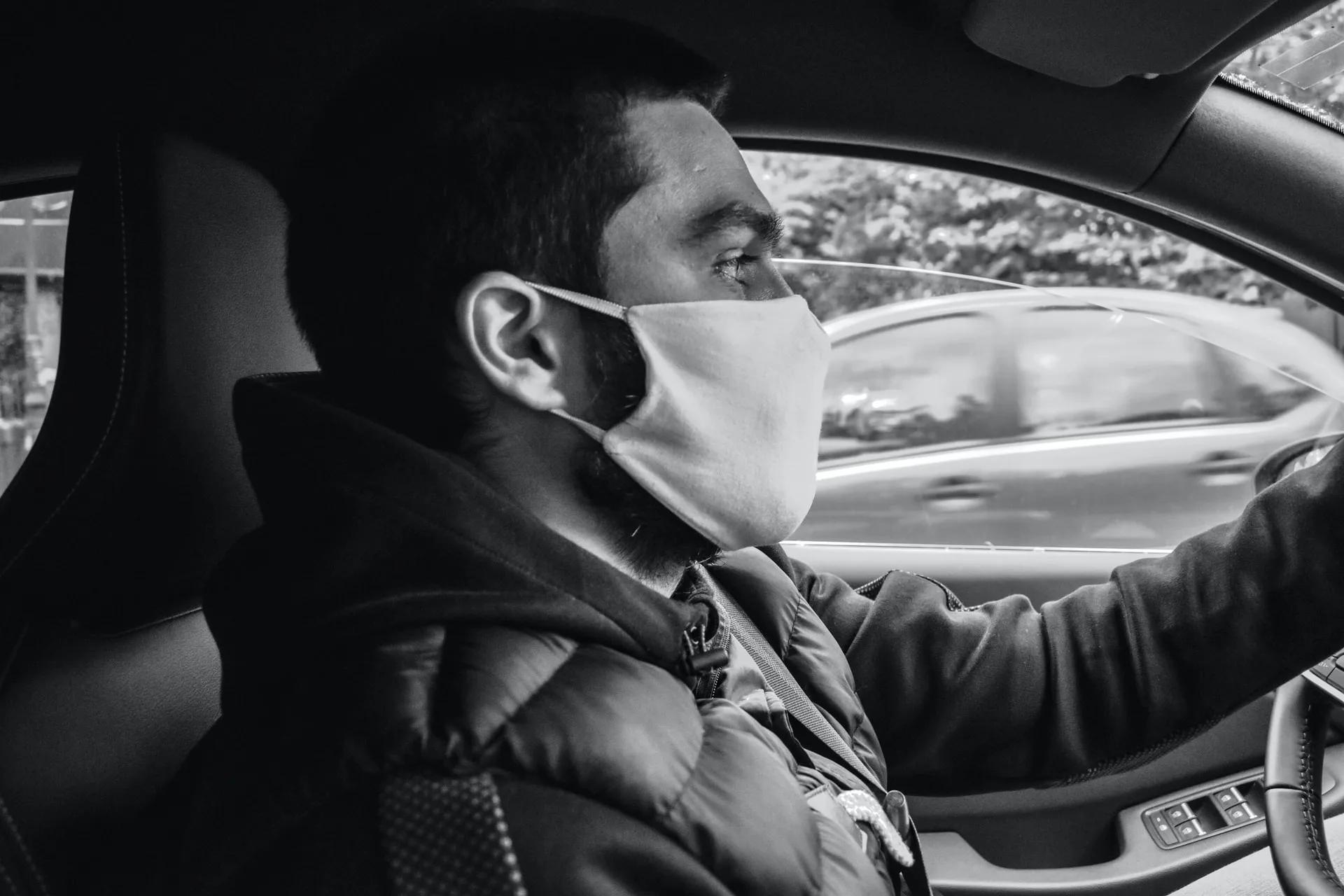


![women [longevity live]](https://longevitylive.com/wp-content/uploads/2020/01/photo-of-women-walking-down-the-street-1116984-100x100.jpg)










